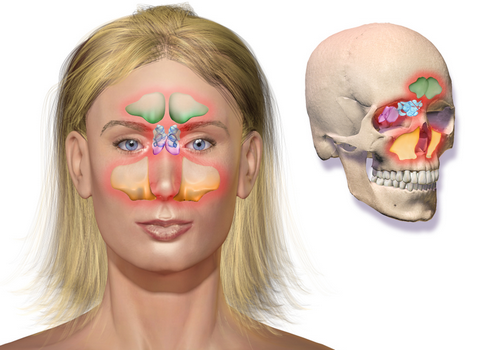
What is sinusitis?
Sinuses are cavities located behind the nose, around the eyes and within the cheekbones. They contain mucus, which helps to keep the nasal cavities moist; it also warms the air that comes in through the nose. Mucus is basically a protective barrier against dust and other particles, as well as against microbes. When this mucus blocks the sinuses, it is very easy to get a bacterial, viral or fungal infection. Infection then causes inflammation of the sinuses and pain. Sinusitis is usually preceded by a cold or allergy; however, chronic sinusitis is also very common and it is usually caused by a persistent infection of the sinuses.
- Important notification about information and brand names used in this slideshow!
- Photo courtesy of BruceBlaus by Wikimedia Commons : commons.wikimedia.org/wiki/File:Blausen_0800_Sinusitis.png
- www.rxlist.com/sinusitis_slideshow/article.htm
- https://med.uth.edu/orl/opal/nose-and-sinuses/sinusitis-overview/
- http://www.aaaai.org/conditions-and-treatments/allergies/sinusitis.aspx
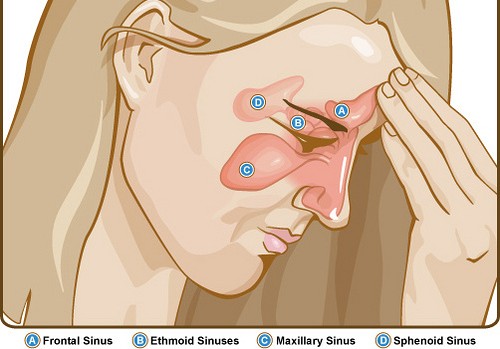
Know more about the sinuses
They are not very known, but actually, sinuses are part of the upper respiratory tract. There are four pairs of sinuses: the first one is located beneath the cheeks and under the eyes; the second pair is above the eyes, behind the forehead. The third pair is between the eyes and the fourth one is located behind the nose. The main function of the sinuses is to warm, moist and filter the air that comes into the respiratory tract, from the outside. In order to do this, sinuses produce mucus, a sticky secretion that traps particles and microbes and prevents the tract from getting dry.
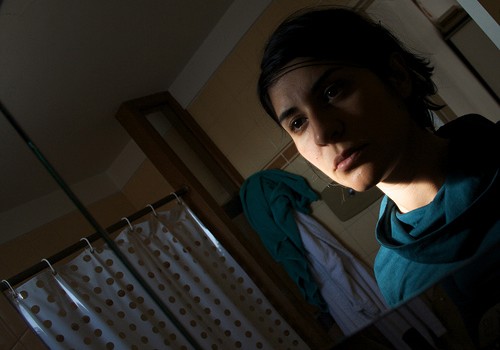
Sinusitis symptoms
The most common symptom of sinusitis is a feeling of pressure in the cheeks and forehead, which is caused by the obstruction of the sinuses and the accumulation of mucus inside of them. Because there is constant pressure, sinuses often hurt. Another symptom is the change in color and consistency of the mucus, promoted by the microbial infection. Mucus is usually light green and slightly sticky; when suffering from sinusitis, it turns into a thick and smelly yellow-green substance. You can also develop cold or allergy like symptoms, such as cough, nasal congestion, headache, fever and postnasal drip with bad taste.
- Important notification about information and brand names used in this slideshow!
- Photo courtesy of Lorena Betta by Flickr : www.flickr.com/photos/almasmoviles/3574248184/
- www.nlm.nih.gov/medlineplus/ency/article/000647.htm
- http://www.aaaai.org/conditions-and-treatments/allergies/sinusitis.aspx
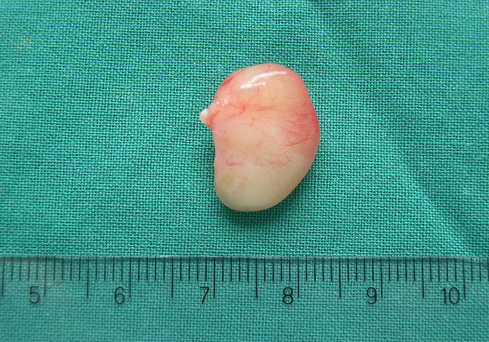
Other symptoms: Nasal polyps
Nasal polyps are a consequence of inflammation occurring during chronic sinusitis, but what are they? Polyps are small lesions located in the sinuses that arise from the mucous wall. Polyps can get larger over time, reducing the size of sinuses and blocking the normal secretion of mucus. This situation is described by patients as feeling congested. Nasal polyps are bilateral, meaning that they appear in both sinuses; when a polyp is detected in only one sinus, it is very likely to be a tumor. Polyps can be treated either by medication or surgical removal. In general, they are benign and apart from causing congestion, they are harmless.
- Important notification about information and brand names used in this slideshow!
- Photo courtesy of Enigma51 by Wikimedia Commons : commons.wikimedia.org/wiki/File:Polyposis_nasi_1.jpg.jpg
- www.patient.co.uk/doctor/nasal-polyps-pro
- http://www.med.umich.edu/oto/misinus/conditions/sinusitis-w-polyps.htm
- http://www.mayoclinic.com/health/nasal-polyps/DS00498
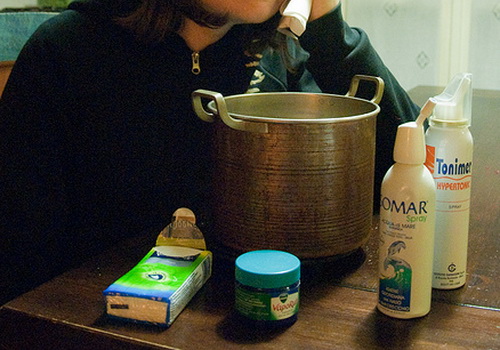
Decongest your sinuses
Sinusitis is caused by inflammation of sinuses and to treat inflammation doctors prescribe steroids. Steroids are anti-inflammatory drugs that lessen this symptom. They come in spray, so you can spray them directly into the nostrils. Spray saline solution is also used to moist and to rinse the nasal passages. Decongestants also reduce inflammation and mucus formation but in a different way steroids do. Decongestants are not recommended for long-term use in patients with sinusitis, because they tend to loose efficacy very quickly; however, they may help with mild congestion symptoms and relieve inflammation and pain.
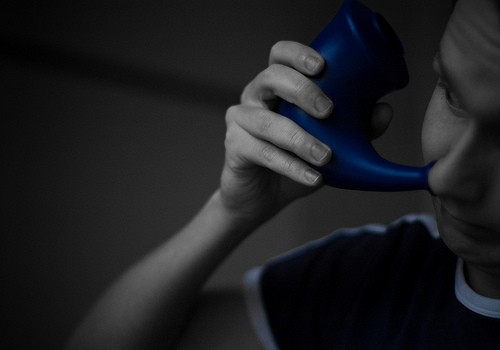
The neti pot, a remedy for decongestion
A neti pot is a peculiar container that is used to rinse the nasal cavity. It has a magic lamp shape and many people prefer it for relieving colds, allergies and sinus infections, rather than using nasal sprays. How does the neti pot work? First, you have to prepare a saltwater solution with sterilized potable water, not tap water. Then, you have to lean your head over the sink, place the spout of the pot in the upper nostril and pour the solution. After you have done this, repeat the same procedure onn the other side. Even though it is a common practice, the FDA suggests not to use neti pots, because they can promote infections when not used properly.
- Important notification about information and brand names used in this slideshow!
- Photo courtesy of Okko Pyykkö by Flickr : www.flickr.com/photos/data_op/2909704365/
- www.fda.gov/ForConsumers/ConsumerUpdates/ucm316375.htm
- http://www.mayoclinic.com/health/neti-pot/AN01755
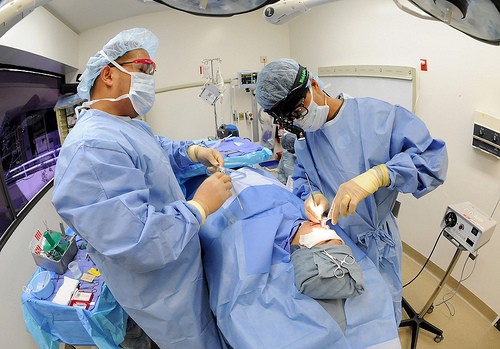
Chronic sinusitis treatment
Once your doctor has determined that you suffer from chronic sinusitis, he or she will prescribe you with antibiotics, depending on the type of infection you have, to kill the bacteria that are causing trouble and alleviate your sinuses. Also, you will have to use steroid drops or sprays to lessen the inflammation caused by the infection and to decongest your nasal conducts. When medication no longer works and your sinuses are very congested, surgical treatment is the only option. Functional endoscopic sinus surgery, or FESS, is the name of the technique that doctors use to decongest sinuses. In order to do this, a small tube with a lens at the end is inserted into your nose to see where the problem is and to aid in the removal of polyps or open your sinuses with balloon catheter dilation.
- Important notification about information and brand names used in this slideshow!
- Photo courtesy of Official U.S. Navy Page by Flickr : www.flickr.com/photos/usnavy/5568215960/
- www.nhs.uk/Conditions/Sinusitis/Pages/Treatment.aspx
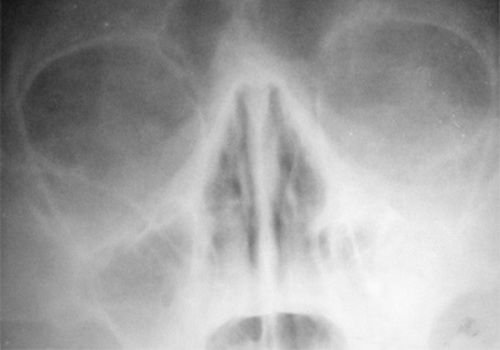
Be careful and avoid complications
When not treated, asthma attacks are the least of the problems that infected sinuses could provoke. Sinus infection can propagate to the brain and cause a health issue known as meningitis, which is the inflammation of the membranes that surround the brain and the spinal cord. Meningitis is a very complicated and dangerous disease, since it can cause from brain damage to death. Sinuses infection can also spread into the eyes and cause vision problems and blindness. Infected mucus can obstruct the veins surrounding the sinuses, causing a blockage of the blood flow that irrigates the brain and increasing your risk of having a stroke.
- Important notification about information and brand names used in this slideshow!
- Photo courtesy of Alex Khimich by Wikimedia Commons : en.wikipedia.org/wiki/File:Maxilar_sinusites.jpg
- www.mayoclinic.com/health/chronic-sinusitis/DS00232/DSECTION=complications
- http://www.nhs.uk/Conditions/Sinusitis/Pages/Treatment.aspx

Time to visit your doctor
Sinusitis is not something to worry about. It usually lasts longer than a cold, but after the infection has passed, sinuses often clear without the need to see a doctor. There are some cases, however, when symptoms last more than two weeks, they get worse or you have recurrent sinuses infections. If you have noticed that your sinusitis problem often comes back after being healthy for a couple of weeks, you certainly suffer from chronic sinusitis and you need to see a doctor. Usually your general physician will refer you to an expert in respiratory tract to determine what is causing the sinusitis and give you a proper treatment, based in antibiotics.

A few tips to prevent sinusitis
Taking care of your respiratory tract is the main thing when it comes to preventing sinus infections. Try not to be in contact with people who have colds and wash your hands before every meal. This will keep bacteria and viruses away from you. If you have allergies, make sure you see a specialist and follow all the indications to keep your symptoms under control. Smokers have higher risk of respiratory tract problems, so reduce your cigarette consumption and use a mouth cover if you know you will be exposed to polluted air. A humidifier is a great choice if the air at home or at your work place is dry. This will help in keeping your tract moist and safe from irritation and infections.







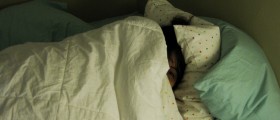



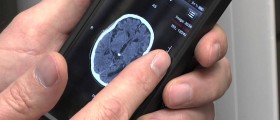



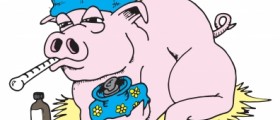


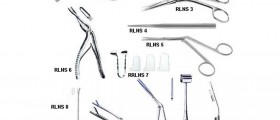

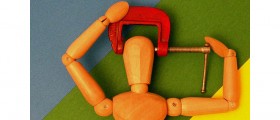
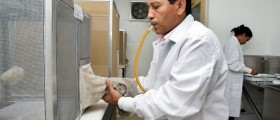

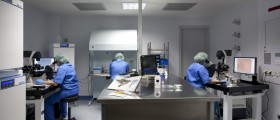


Your thoughts on this
Loading...